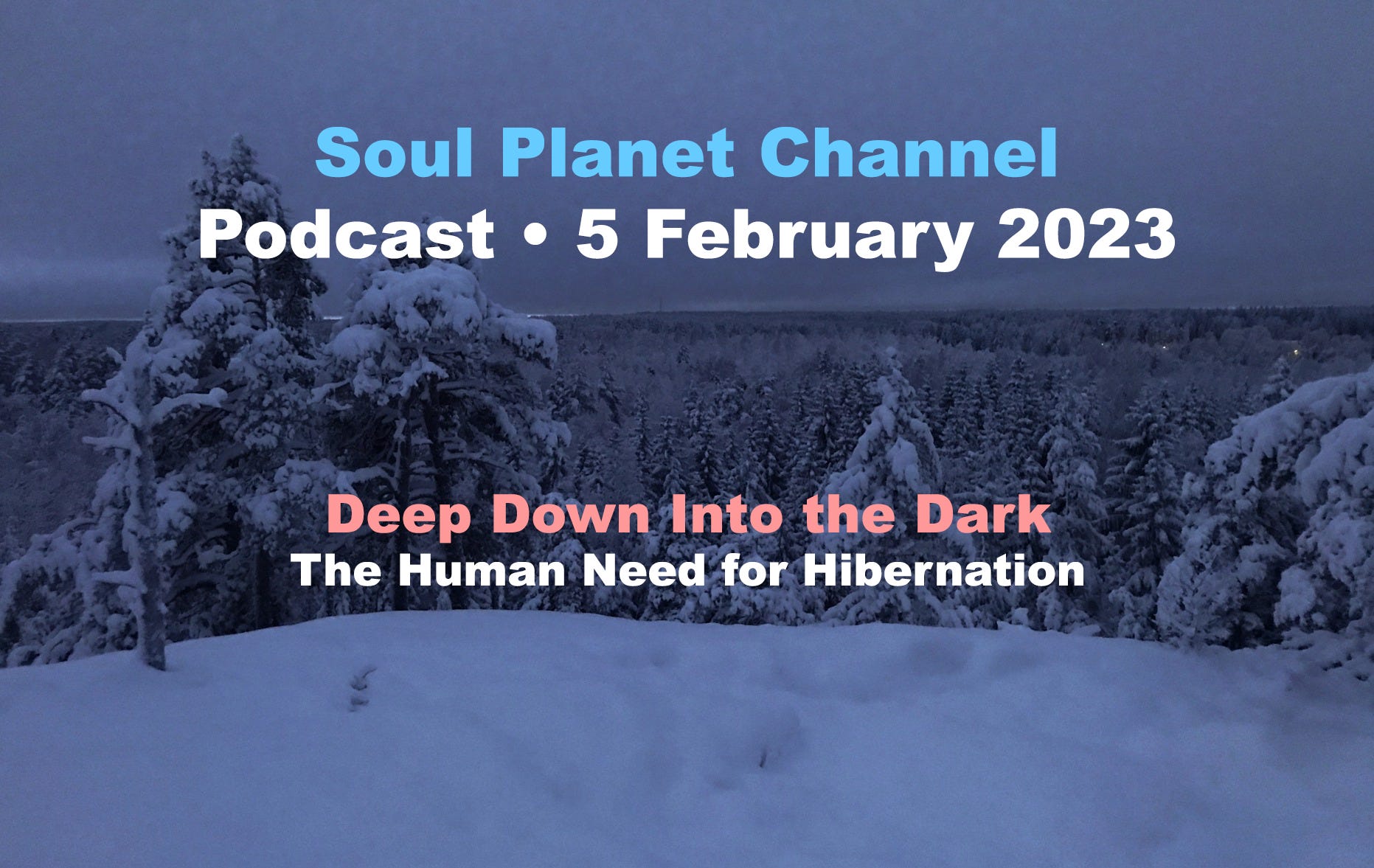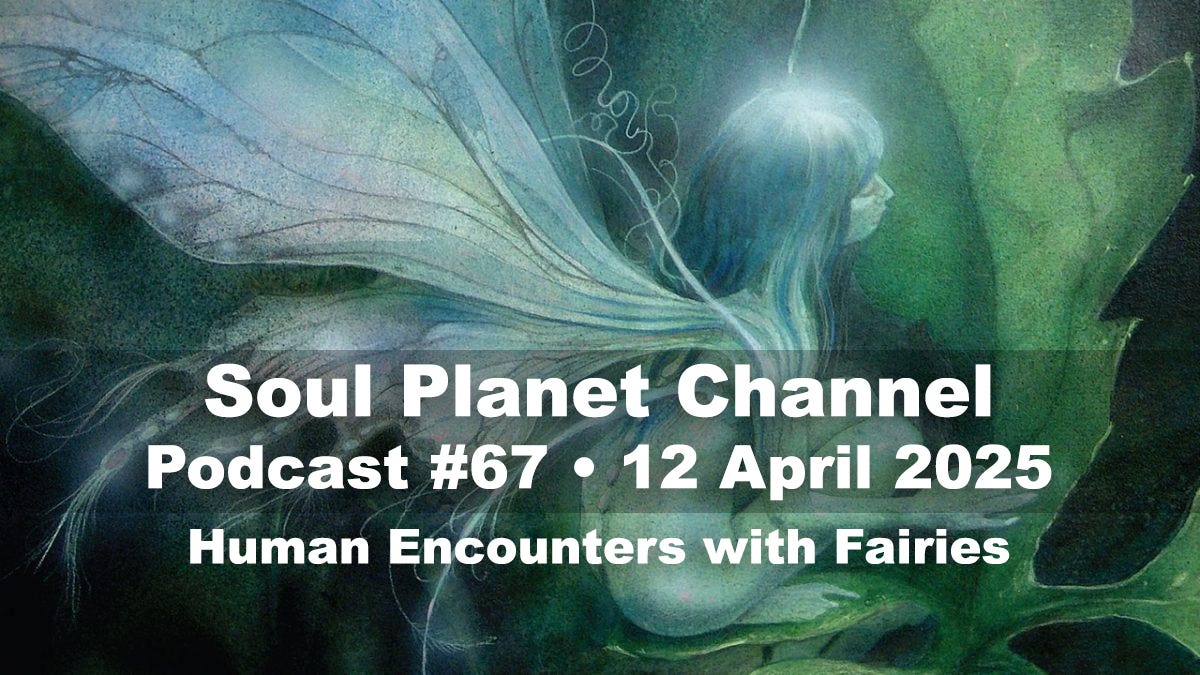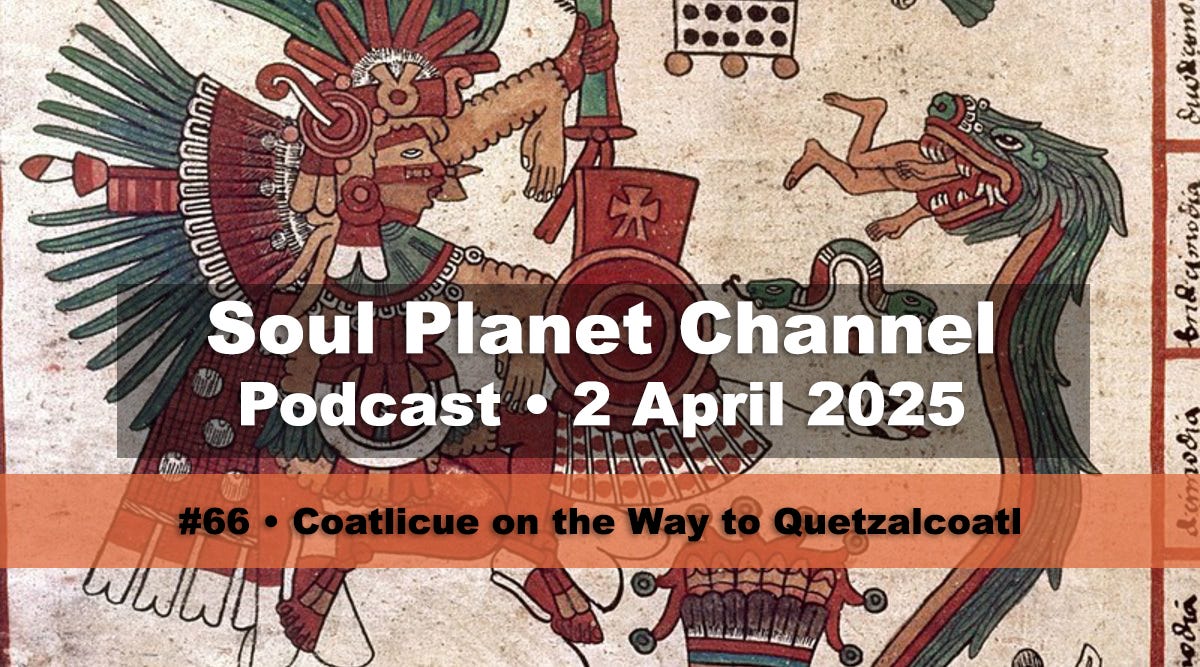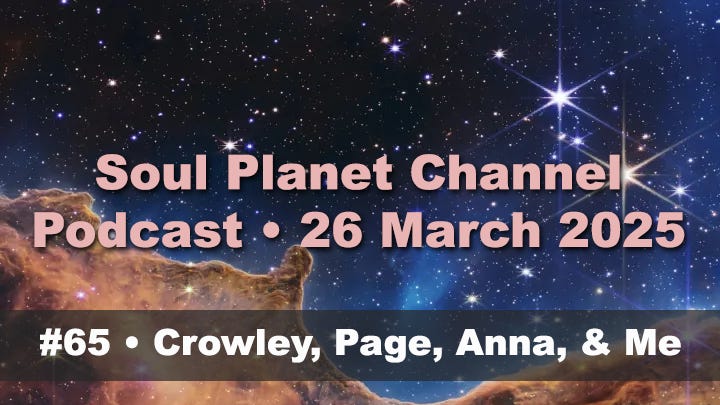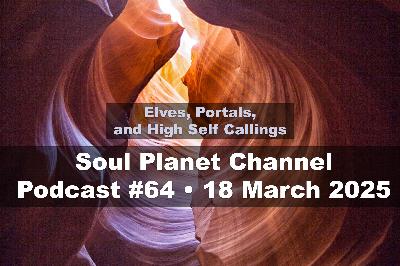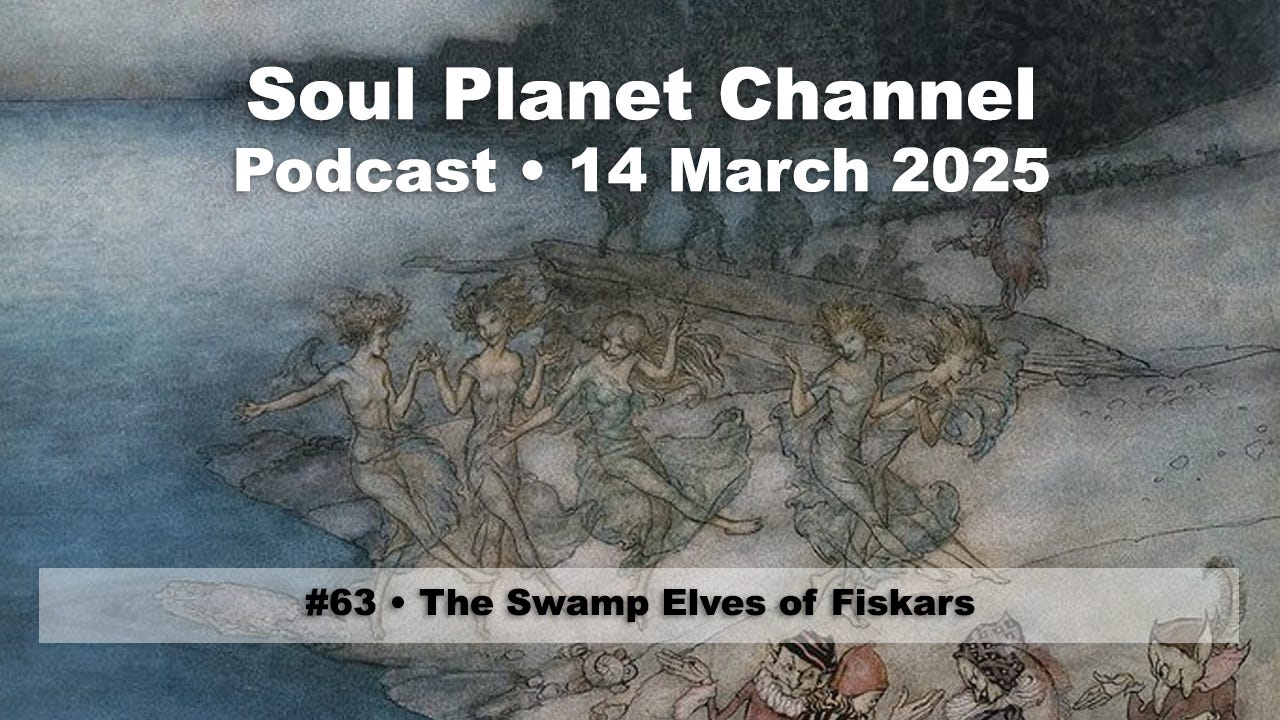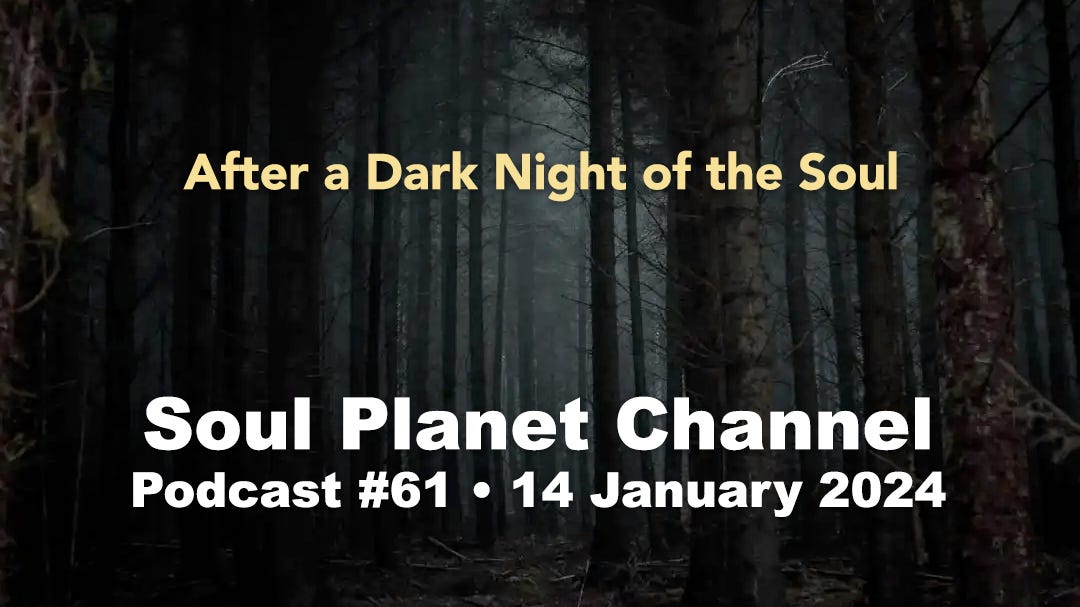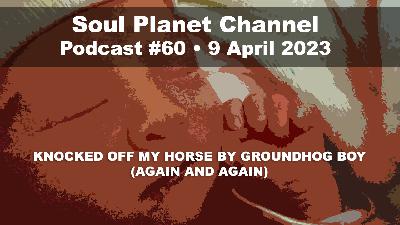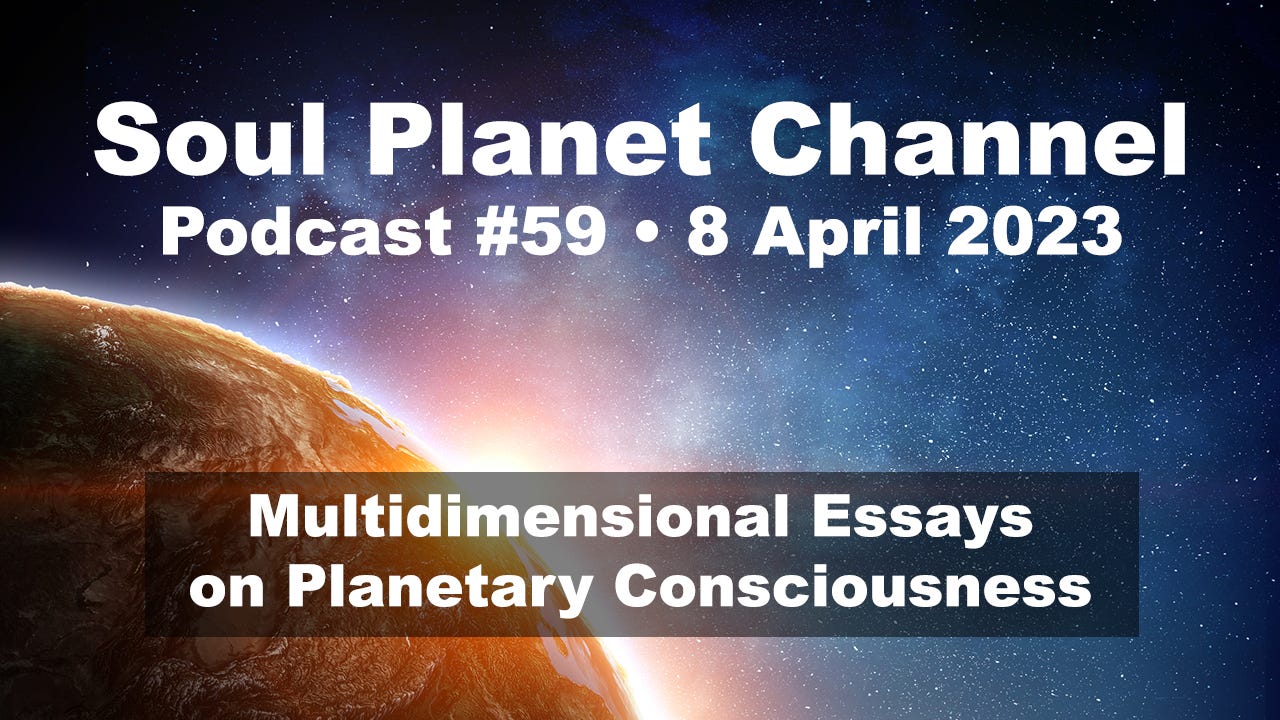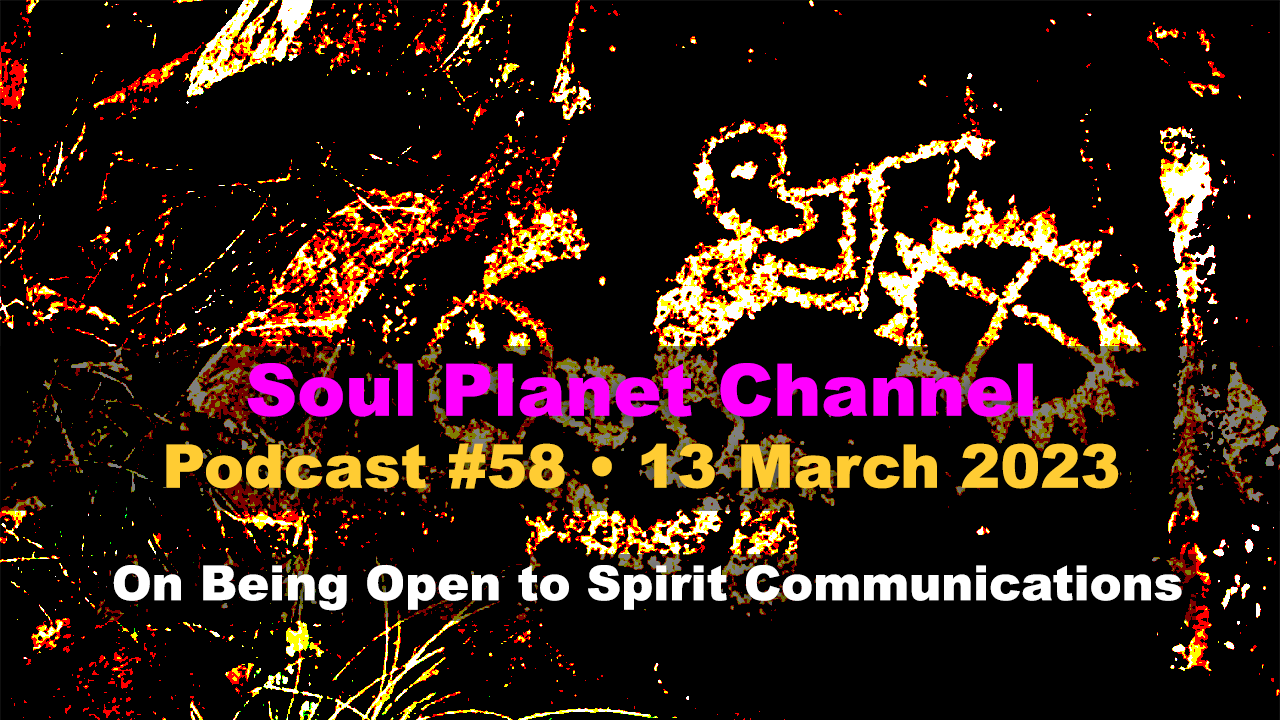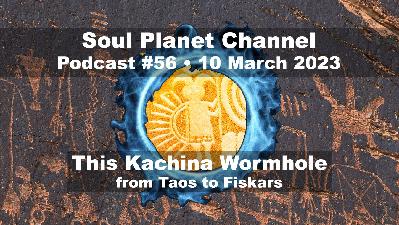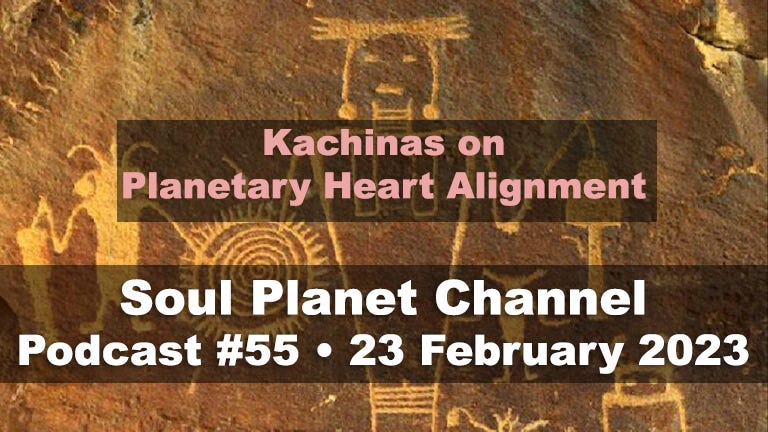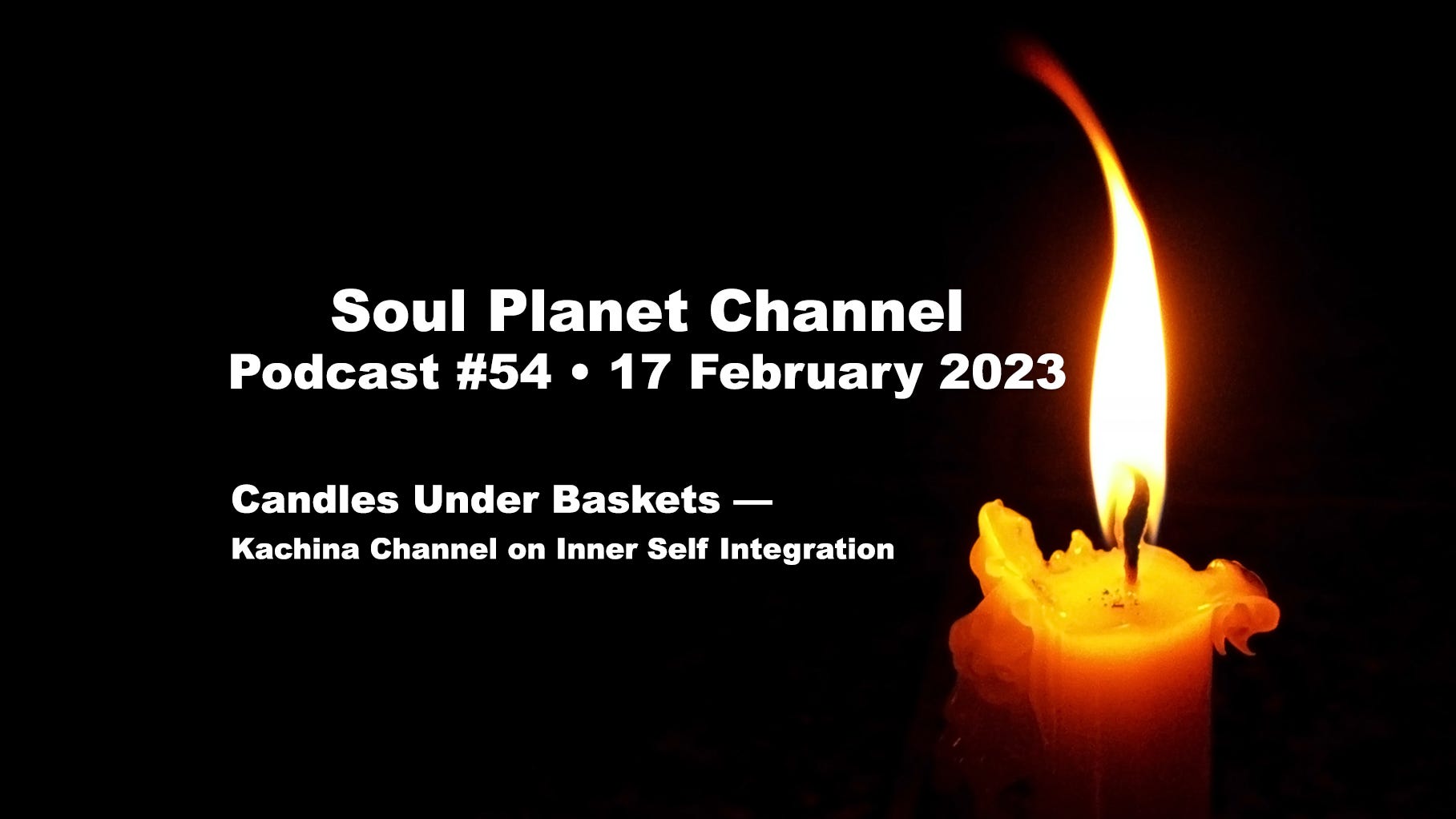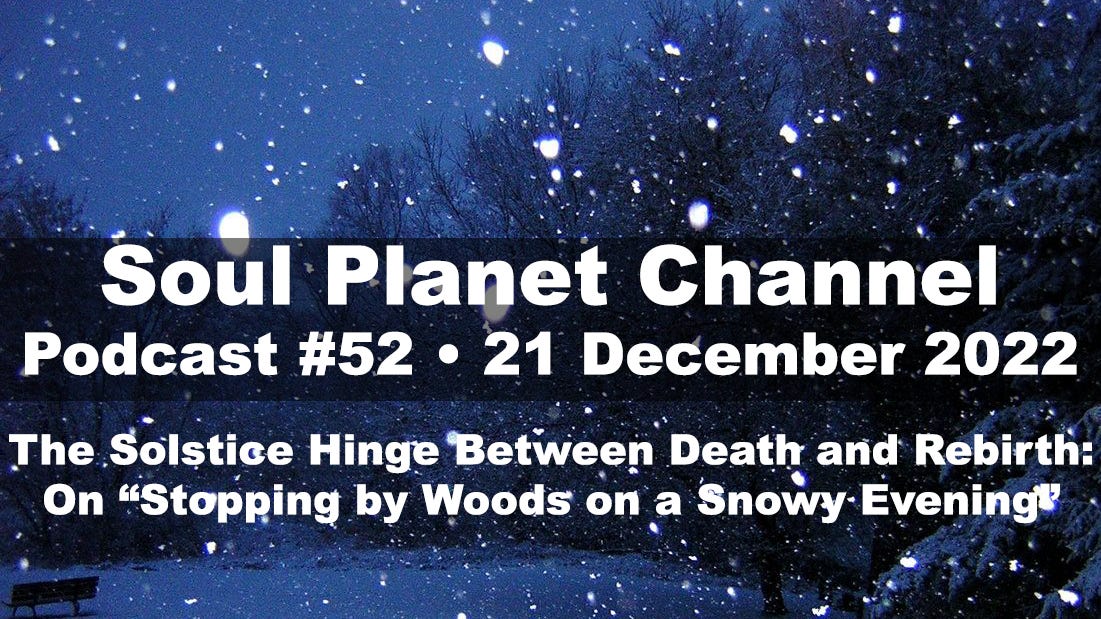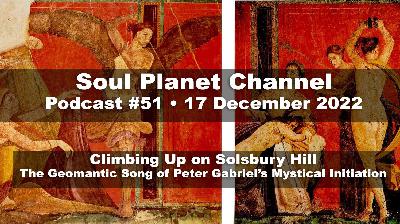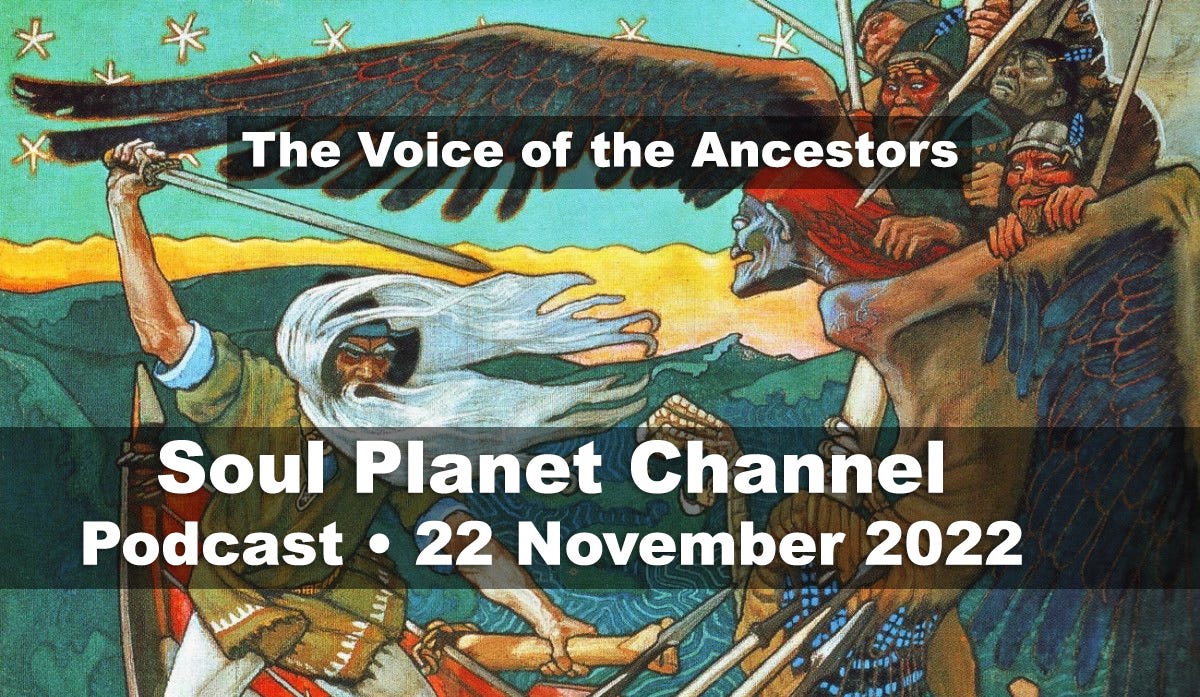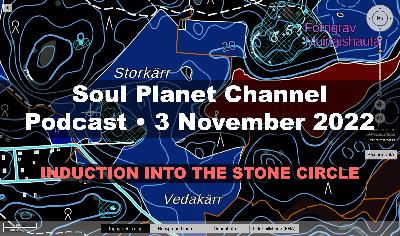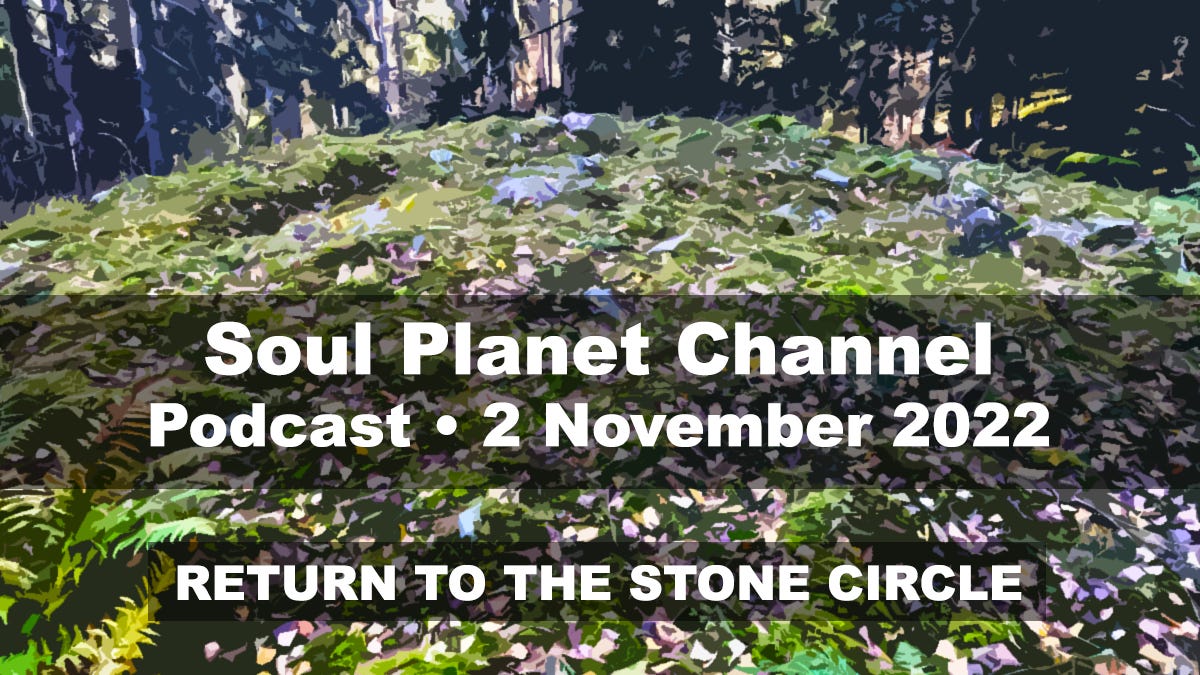#53 • Deep Down into the Dark
Description
During this week of Imbolc or Groundhog’s Day or St. Brigid’s Day or whatever you yourself might call it—that point in the solar calendar when you find yourself sitting exactly between the Winter Solstice and the Spring Equinox—I have found myself slowly peeking out of my groundhog hole of Winter and starting for the first time in this early anticipation of the coming Spring to see the Darkness behind me as well as the light up ahead. But unlike many people who, I assume, see that now waning period of seasonal and personal darkness in a negative light, my goal here is to explore the power and the purpose of that darkness, to unearth the deeper significance of those moments of frozen stillness. Perhaps a bit like the philosopher Hegel, I am interested in catching a glimpse of the work of the Negative. Rather than try to banish the darkness in order to celebrate the coming sunrise, I’d rather try to see what positive functions this season of darkness might offer us. I’ve grown to recognize for the first time in my life, deep down in the marrow and meat of my being, the possibility that perhaps we all share a human need for hibernation. Maybe we are meant to embrace the darkness in all its nocturnal glory.
I thought I remembered the American writer Henry David Thoreau celebrating the values of hibernation in his book Walden, a book I have taught for many decades. I thought I remembered him celebrating the hibernation season of the woodchuck that fascinated him so much throughout his book. But I found when I dove back down into the pages of Walden and his journals that what Thoreau focuses on is the moment of awakening. To be fully awake: that is the ultimate value that Thoreau celebrates.
In his Walden Thoreau writes:
Ere long, not only on these banks, but on every hill and plain and in every hollow, the frost comes out of the ground like a dormant quadruped from its burrow, and seeks the sea with music, or migrates to other climes in clouds. Thaw with his gentle persuasion is more powerful than Thor with his hammer. The one melts, the other but breaks in pieces.
After reading this passage from Thoreau’s meditation on the passing of “Winter,” I recalled that the climactic moment of his book is his chapter entitled “Spring.” It is there that Thoreau comes to his full awakening into a fuller perception of the magical modes of metaphorical transformation that the Earth itself undergoes in the Spring thaw that follows the sleep of Winter.
Now, perhaps I am still under the sway of the Winter grip of Morpheus, but I no longer trust this one-sided celebration of the sunrise, of the awakening of Spring. Thoreau ends his book with the Buddhist wisdom of the words “The sun is but a morning star.” But for the Aztecs, the power of that morning star was always deepened in its transformation into the evening star. They recognized the restorative aspects of momentary dwelling in the underworld that the evening star promises. For it is only in the Underworld, after all, that Orpheus might find his lost love Eurydice.
My question here, then, is this: What do we sacrifice when we reject the restorative depths of human hibernation?
I am Gabriel Hartley, and this is yet another episode of my Soul Planet Channel for today, the 5th of February 2023, although it might be the 6th by the time I get this episode edited and ready for you. I have entitled today’s episode “Deep Down into the Dark: The Human Need for Hibernation.”
As with all forms of social media these days, if you like this post, please hit the like buttons, share it with your friends, and become either a free or paid subscriber. If you wish to help me out in this work but do not want to sign up for a paid subscription yet, you can make a one-time donation to this project by clicking the “Buy Me a Coffee” link. That will help me try to keep this project going. In any case, thanks for being here and reading and/or listening to my message!
The Human Need for Hibernation
It’s the 5th of February 2023, and this is my first Soul Planet Channel podcast of the year.
It has been a month and a half since my last podcast—which, as it turns out, was number 52, making my work for last year equal out to one podcast per week. That was also on the Winter Solstice itself, so the timing actually feels perfect for this particular meditation.
In the coming year I plan to allow myself to perhaps take a bit more time with each entry in order to let the material I’m working with gestate and mature a little more before forcing myself to meet some calendar deadline. Even so, if I can’t make the weekly posting schedule that I had originally hoped for, I still hope to post at least twice a month. Conversely, if I feel more inspired in a particular week, I might even post two entries while still trying not to overload your mailboxes!
In this episode I am focusing on my recent meditations—or broodings, perhaps—on the human need for hibernation. And I will begin by reading from a post that I had put up on Facebook on the 5th of January of this year, exactly one month ago. As a preparatory note, let me say that in many ways this particular Facebook commentary represents a different and even unexpected kind of mood for me in terms of my self-concept and, more importantly, self-presentation. And self-concept is part of what I'm dealing with here.
Self-concept, I’ve come to see, might primarily be determined from the outside—from those kinds of inner voices we internalize that actually come from messages we receive from the culture, whether that's our families, our workplace, the media—wherever this might come from. And one of those particular notions that has tended to drive my sense of self is that I'm generally an upbeat, positive person in the sense of knowing where I'm going in this life and having a sense of meaning and mission and Buddhist equanimity and so on.
And I still have all of that—but what I've been experiencing since we moved here to Finland, now three and a half years ago, is that the dark of winter is having an impact on me. It's a little difficult to sort it out from some of the other impacts on me right now—for instance, you know, when we're in a world experiencing war on many fronts; when, like me as an American, some of you might find yourself as a representative of a belligerent nation that is fostering many of these wars, provoking these wars and the propaganda surrounding them, and yet find yourself painfully in the minority in terms of how one perceives that belligerent nation, feeling out of bounds, out of the mainstream. And in the dark of winter it seems that that sense of alienation has a more prominent impact on me, especially here in Finland where the supposed goodness of the United States is more or less taken for granted.
So on the 5th of January I wrote the following words growing out of that sense of seasonal and social darkness. The title I gave it at that time was:
I’M THE TUMBLING UNDERPANTS IN THE HOT DRYER CALLED LIFE
As I was sinking back into bed in a depressive swoon on this sunny winter afternoon, I was wondering what the source of this depression might be, and also what might be its purpose. For it seems too functional at this moment, too directed a movement to simply be a collapse of spirit, a diminution of life, an extinguishing of sunlight. There must be some food for the soul, some immanent mode of nourishment motivating this fall into lethargy and momentary despair. Like those moments of ecstasy in meditation, when you realize in the fullness of the moment that all time is one, that all meditations are THIS meditation, and that consequently time is inconsequential, this return to despair is a return to the everlasting moment of regenerative collapse.
And this moment, while always serving as a very productive element in my writing process, never enters into the writing itself. In the moment of writing I am fully alive. I am bursting in full confidence in the rightness of my statement. Statement itself becomes eternal, not simply an aggregation of discrete individual statements but as one never-ending gesture of statement, of STATING, of composing into some eternal process the instantaneity of existence, of thought as the ever-enlightening flicker of the candle flame against the doubted darkness.
The eternal moment of despair that gives birth to confidence disappears in the gesture of confidence called writing. In the levity of the moment of writing, the heavy swoop of despair remains invisible in the anterior vestibule of consciousness. It is as if despair is the unacknowledged member of the family whose perversions and violations uphold the relative goodness of family identity itself.
I have from some unknown place inherited a fear of acknowledged darkness. Despair seems too akin to failure. While the etymological evil twin of “despair” is “hope,” despair has a weight and a vacuum-like intensity that outdoes any dark thoughts by themselves—as if an individual thought had the power to inaugurate this transformative flow. This downward suck makes all a slave to its inescapable gravitational pull.
And yet, at a certain point, there is a dramatic inversion by means of which we are turned around and flung upwards, as though spit out through the whale’s blowhole. JONAH IS THE FATHER OF US ALL. The inner shaman with whom we identify, after all, came crawling up through the muck of blood, of earth’s menstrual spew, to remind us of our birthing passage through gore and pain and awakening to the light beyond

